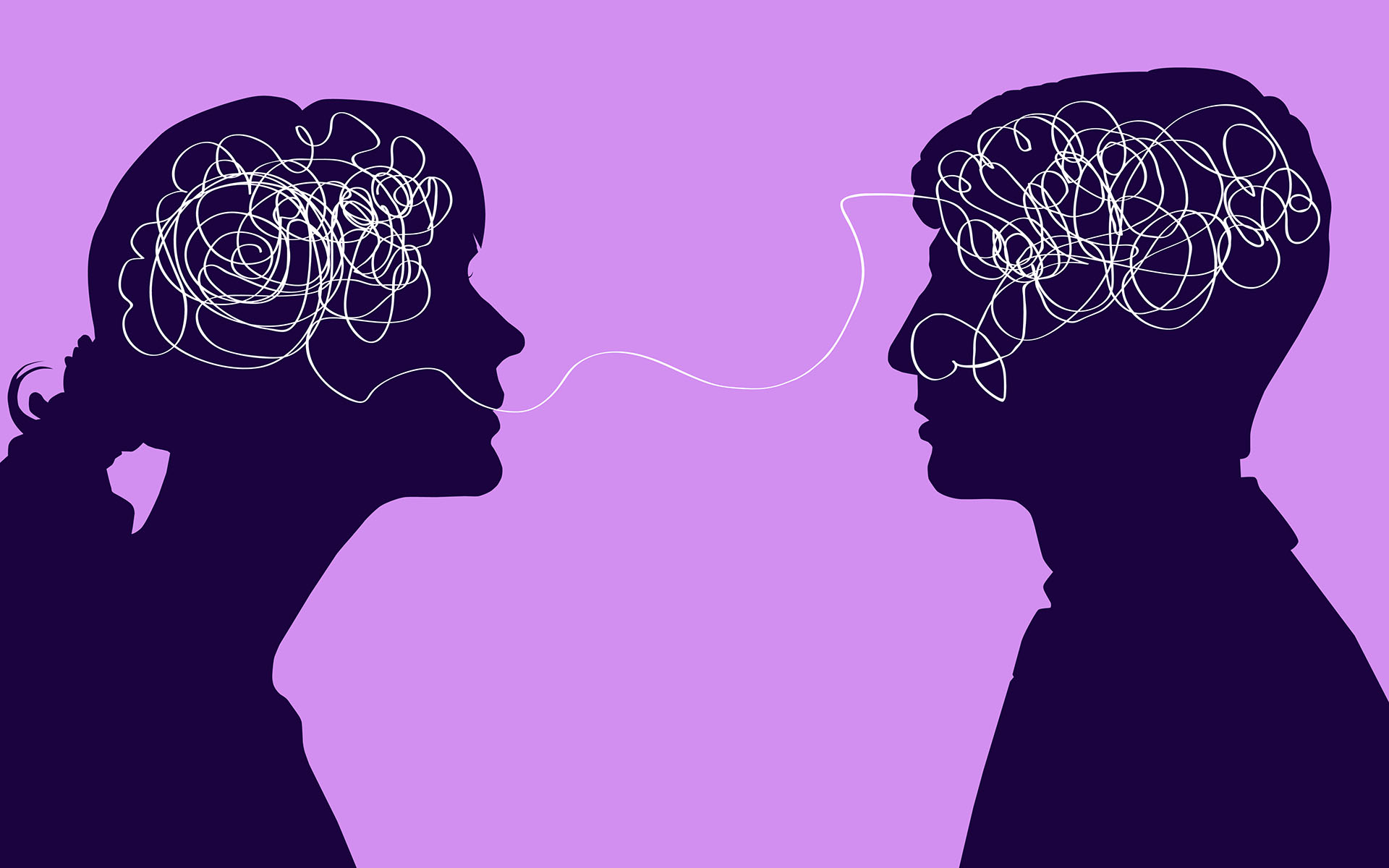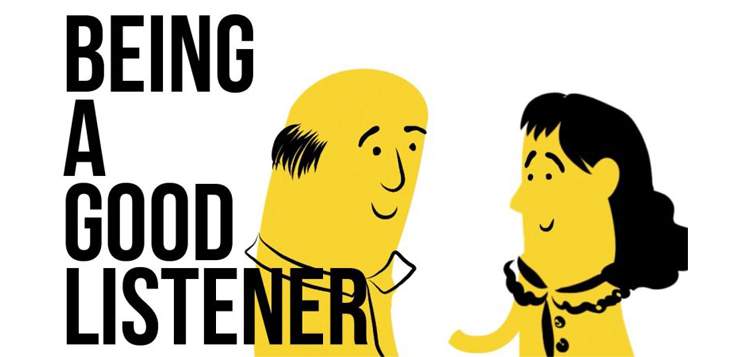If you’re like most people, you’ve likely had the experience of listening on autopilot, when you think you are listening, only to realize as someone stops speaking that you have no idea what was said. Perhaps you were distracted by a notification on your device, a repetitive noise outside, or your mind wandering back to a news article you recently read. It’s hard to shut out distractions completely, especially in this day and age when distractions abound.
Or, maybe you only half heard what was said, as the subject matter sent you into a fear-based place. It’s a common reaction: When anyone says something we don’t like, it’s plausible that instead of really listening and then thinking it through, we feel threatened. This activates the amygdala, which readies us to attack back.
When anyone says something we don’t like, it’s plausible that instead of really listening and then thinking it through, we feel threatened.
Really taking the time to listen to how another person feels—without immediately and sometimes impulsively reacting—creates the space for both parties to feel heard and then to show up with kindness and a more mindful ear. This can be done in any dyad, romantic or otherwise. In this way, you take a moment to pause and reflect on why you feel threatened and then proceed to truly listen, without being on the defensive.
While mindfully listening, you might still come up against distractions and triggers, but you can practice noticing your distractibility without judgment and try to redirect your attention to the speaker and the words flowing from them. You can practice cultivating compassion for feeling the need to lash out; you can also do the work that lets you become more attuned to why you are feeling triggered, so you can learn to take a pause before reacting.
How to Practice Mindful Listening
1. Find a partner for this exercise.
2. Set a timer for two minutes.
3. One person begins to speak about whatever they would like, which can include how they feel about the relationship or about anything at all. It’s good to keep the topics light, since this exercise is about practicing uninterrupted listening.
4. The listening partner practices listening. Nonverbal responses are okay, but verbal responses are not permitted at this time.
5. After two minutes, the listener now takes a moment to quickly jot down one to three key points the speaker presented as well as what, if anything, they noticed triggering them or distracting them from listening.
6. Set the timer again for two minutes.
7. Now switch roles so that the initial speaker becomes the listener.
8. After two minutes, the listener now takes a moment to quickly jot down one to three key points the speaker presented as well as what, if anything, they noticed triggering them or distracting them from listening.
9. After each of you has spoken, notice together what thoughts, feelings, or body sensations were elicited during this experience. Notice together, with compassion and nonjudgment.
10. Thank one another for the time taken out of your busy schedule to strengthen your relationship.
Try to devote at least a week to doing this practice once per day. You might consider extending this practice beyond a week, or trying it for a week and then returning to it at a later time.
Excerpt from the book Quick Calm: Easy Meditations to Short-Circuit Stress Using Mindfulness and Neuroscience by Jennifer Wolkin, PhD © 2021 Jennifer Wolkin, PhD, reprinted with permission from author and the publisher.
READ MORE
How to Strengthen Loving Relationships with Mindfulness
Our guide to reflecting on the relationships in your life and opening yourself up to the opportunity for love to grow.
Read More
Having a Tough Conversation? Try This 12-Minute Meditation to Reset
It’s not always the case that our formal mindfulness practice carries seamlessly into daily life—especially in conversations that spark tension. Shalini Bahl-Milne offers a practice to help you ensure you can be mindfully present for these difficult moments.
Read More
How Kindness Can Get Lost in Communication
Founding Editor Barry Boyce muses on the messiness of communicating, and how finding the deeper meanings of words may require some inner searching.
Read More
Kind Communication Is Easier Than You THINK
Chris Willard shares a few useful mnemonics that help us stay on course with speaking and communicating mindfully.
Read More












